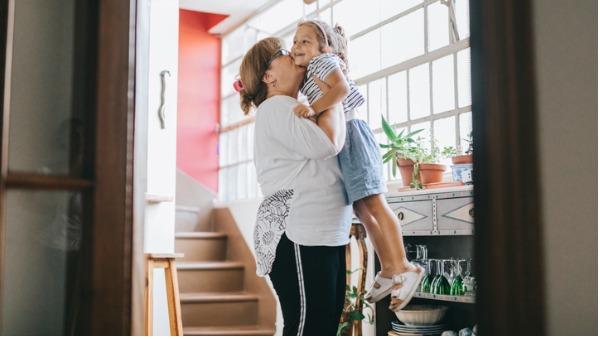By Mark Teale on 30 June 2021
When we think of a granny flat the first image that comes to mind is a small self-contained structure that is an extension of a person’s home. It is large enough for one or two people, has its own kitchen, living area and bathroom. To build a granny flat requires plans and, in most cases, your local council approval.
However, from a Social Security perspective, there is another meaning to the term “granny flat” which can apply to age pensioners who are looking to gift money or assets to a child or close relative in return for the right to accommodation and care for life.
Granny flat rights can be created in several ways:
- The pensioner transfers the title of their home to another person who moves into the home to live with them. The pensioner retains the right to also live there for life. The transfer must be legally registered, and the pensioner must transfer full ownership of the home. If they only transfer part of the home, normal gifting rules apply and deprivation could become an issue.
- The pensioner provides money to construct a granny flat (unit) on another person’s property and receive the right to live there for life.
- The pensioner provides all or part of the purchase price of a property which is owned by another person and receives the right to live there for life.
The granny flat right rules and guidelines determine how this transfer is treated. The guidelines also determine whether the pensioner is assessed as a homeowner or a non-homeowner and if the value of the cash or asset that is being transferred is within the value set out in the “reasonableness test”.
The guidelines are complicated and extensive and would take more space than this blog to explain in full. However, if you think this situation would suit you, please talk to someone who understands how the legislation works.
Another issue which causes a degree of concern in relation to the establishment of a granny flat right between a pensioner and their children is capital gains tax. If the agreement between the two parties to establish this right is set out in a formal legal contract, a Capital Gains Tax issue could arise.
This means that a large percentage of granny flat arrangement are informal and do not set out the rights of either party.
I have seen a couple of situations where, after several years, family circumstances have changed. A divorce and property settlement between the child and their estranged spouse can be reached without the pensioner being properly compensated for the cash or asset contribution in establishing the granny flat right because the agreement was informal and not a formal written agreement.
The Board of Taxation has previously examined these issues and delivered a report and recommendation to the government at the end of 2019. The government responded to the to the board’s report by bringing forward a measure in the 2020/21 budget to provide a capital gains tax exemption for granny flat right arrangements where a formal agreement is in place.
This measure has now been passed by parliament and the good news is that from 1 July 2021, capital gains tax will no longer be an issue on the signing, the variation or termination of a formal granny flat agreement.
There are of course several requirements set out in the legislation to satisfy the targeted capital gains tax exemption.
The most important requirement is that the arrangement cannot be of a commercial nature, i.e., it should not specify that the pensioner will pay rent for the granny flat right.
However, is does allow for the agreement to set out that the pensioner may contribute to what would normally be associated with the reasonable costs of running a household.
I have not provided lots of detail in this week’s blog on purpose. Granny flat arrangements can be complicated and vary greatly depending on a person or a couple’s circumstances.
If I have sparked any interest in these arrangements, I would urge you to talk to an expert who understands not only the Social Security guidelines but the requirements from a taxation perspective to ensure capital gains tax is not an issue.
And please do ensure that if you do decide to establish a granny flight right that you do have a formal agreement in place which sets out your rights if circumstances do change in the future.



comments